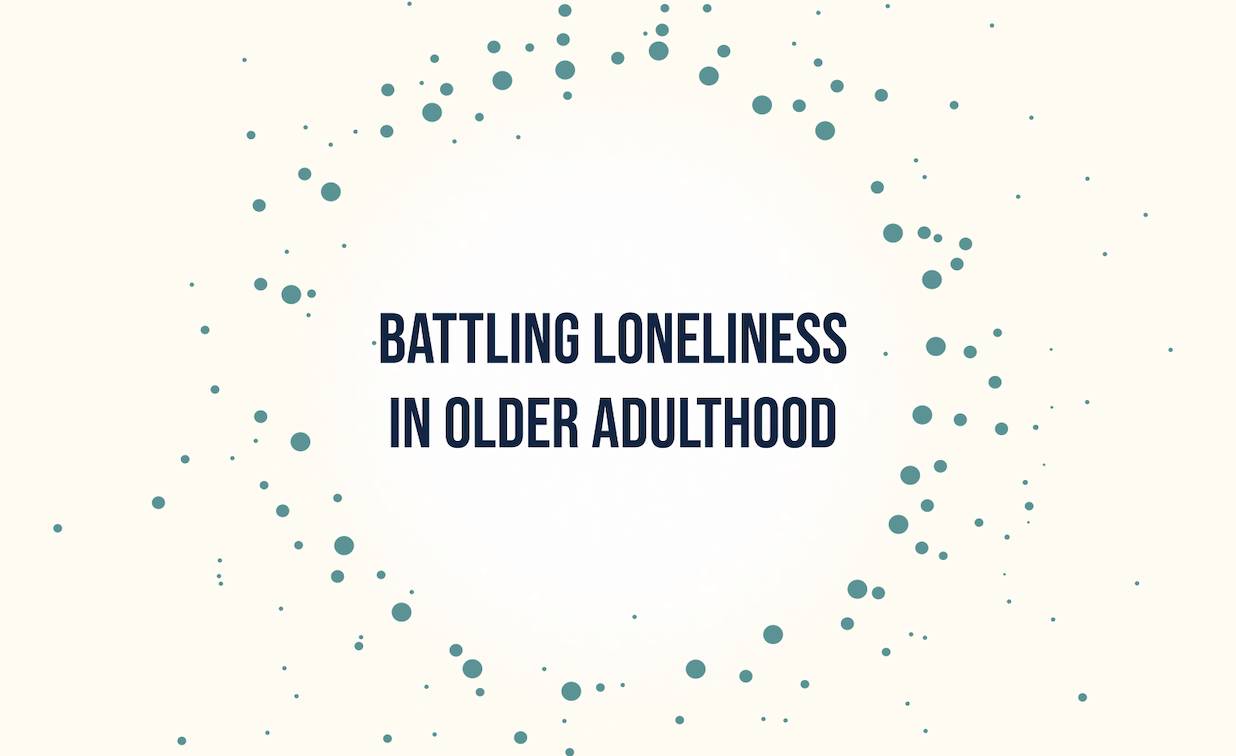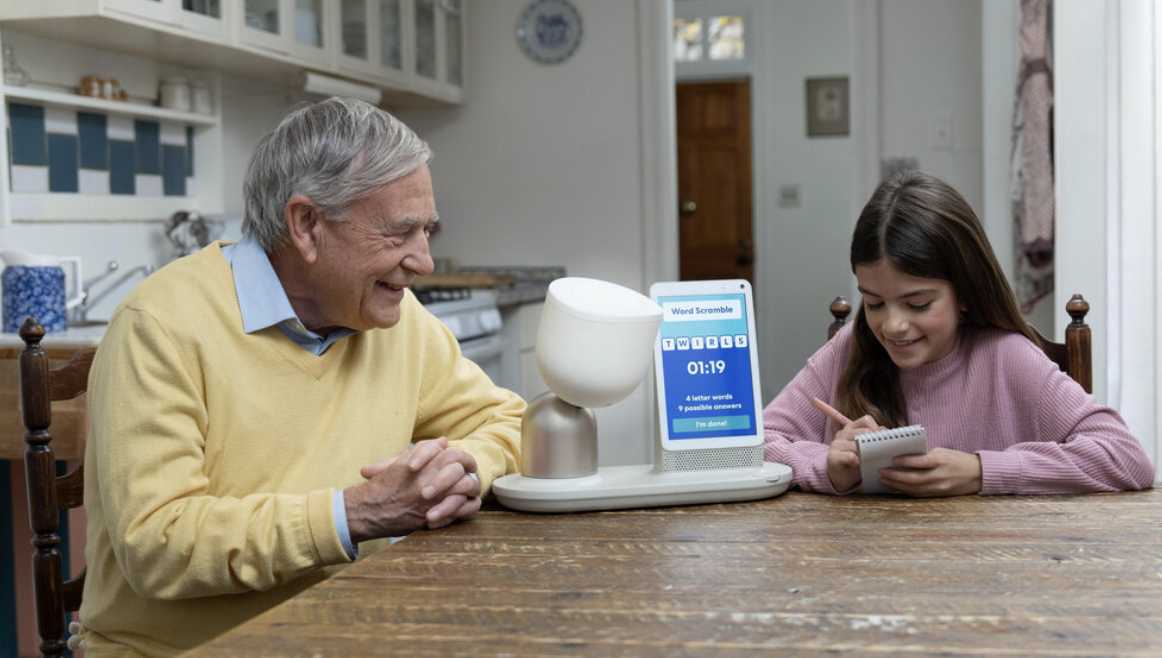What is Assistive Technology?
January 25, 2023 by Grace Andruszkiewicz
What is Assistive Technology (AT)?
Assistive Technology (AT) is a term you may hear from an occupational therapist, physical therapist, case manager, or any type of caregiver. But what does assistive technology actually mean?
Assistive technology refers to any type of product or service that helps older or differently-abled people achieve tasks that otherwise may be difficult or impossible. The primary goal of AT is to empower independence. There are resources available to help with every impairment or challenge you can imagine. Below are a few examples of some of the most prevalent types of assistive technology
Equipment
Physical products are certainly the most tangible example of AT. Something like a cane, walker, or wheelchair is a critical piece of equipment for anyone facing mobility challenges. For those experiencing hearing loss, a hearing aid can be the difference between staying safely in one’s private residence versus needing to move into a senior living community.
Low-Tech Innovations
“Technology” is one half of the term “Assistive Technology,” but that doesn’t mean a product or service needs to be high-tech in order to qualify. In fact, many examples of AT use a low-tech approach. For example, to manage medications, one might use a weekly pill box to keep track of dosages and times for each prescription. Or a magnifying glass could be used by someone with vision impairment!
Services
So far, all of our AT examples have been items that you can buy in a store. But what about services? Companies like Instacart or TaskRabbit were most likely developed to serve busy Generation X and Millennials - however there is a hugely impactful use case for older adults and individuals with disabilities. Now there are companies like Go Go Grandparent and Papa that offer transportation and on-demand non-medical home care to older adults specifically.
High-Tech Solutions
Some examples of AT happen to use more sophisticated and advanced technology, but in order to be successful products, they also need to be user friendly. For many older adults, tablets like the iPad are helpful tools. They’re portable, and easier to navigate than a computer. That said, mainstream products like the iPad were not designed specifically for seniors, so users may experience challenges or questions from time to time. ElliQ is a robotic companion device that was designed specifically for older adults! It’s a table-top device that can do many things - but ultimately, it empowers older adults to maintain their independence.
All of these examples are terrific, but it makes no difference unless the individual actually adopts the AT into their daily life. There are a few best practices or keys to success regarding adoption and usage of assistive technology, including:
Include the individual in the research and decision-making process
You may think this may go without saying, but it is increasingly common for a medical professional to speak directly to the caregiver, even though the individual using AT is in the room. By including the care recipient in the process of researching, testing, and selecting which types of AT are coming into the home, they become bought in and are more likely to actually use it.
Offer hands-on training
Companies that specialize in AT should know that onboarding and training is critical. Offering instructional materials, videos, or in-person sessions allows the individual and their caregivers to feel comfortable from the start.
Keep support details nearby
ElliQ includes a handy magnet with the customer support hours, phone number, and email address in each package. Users can put that magnet on the refrigerator or another nearby surface so that if any questions arise, they don’t need to dig around looking for the contact information.
Check in periodically
As a care team, make an effort to proactively check in on the individual to see how the new AT is being incorporated into daily life. Is it easy to use? Is it alleviating the challenges you expected it to?
Want to learn more?
What types of assistive technology do you think are most impactful? Are there any challenges that you haven’t been able to find AT to help with? We’d love to hear from you in the comments!
To learn more about ElliQ, please visit www.elliq.com or email hello@elliq.com!
Enjoy healthier, happier days at home with ElliQ.
ElliQ is the perfect digital care companion.
Free DemoRecent posts
.png)
The benefits of an AI-driven social robot for area agencies on aging
by Intuition Robotics Team

